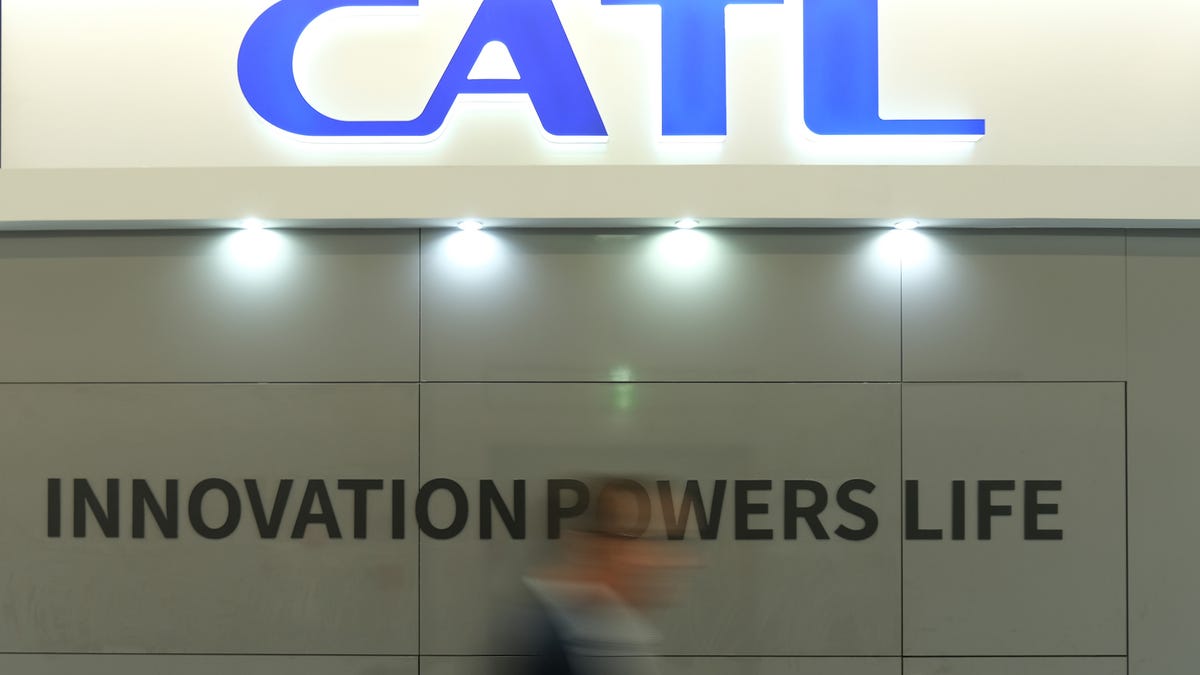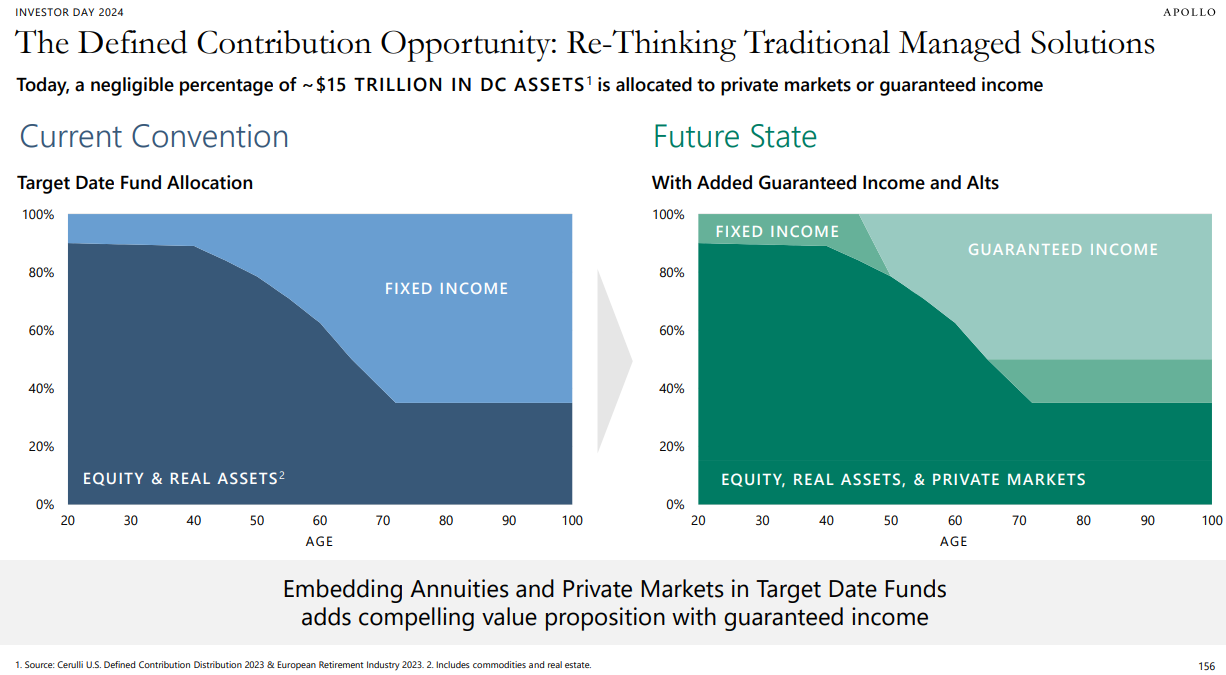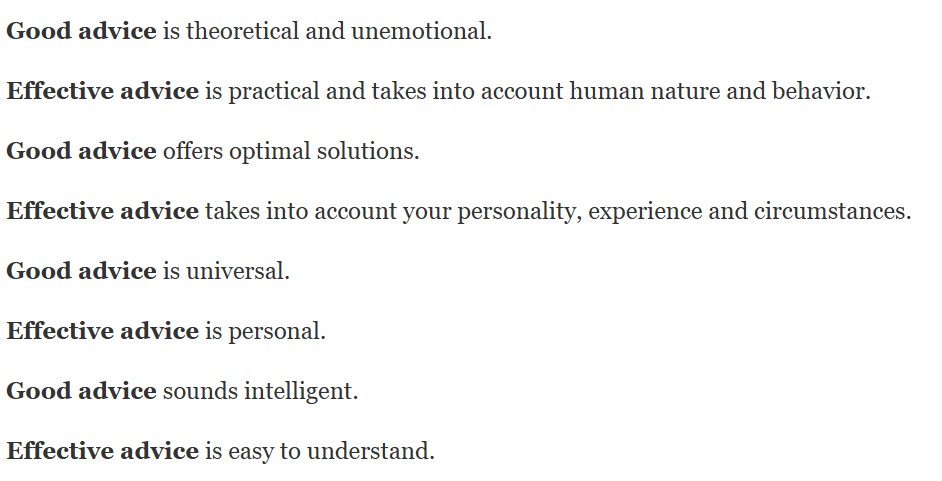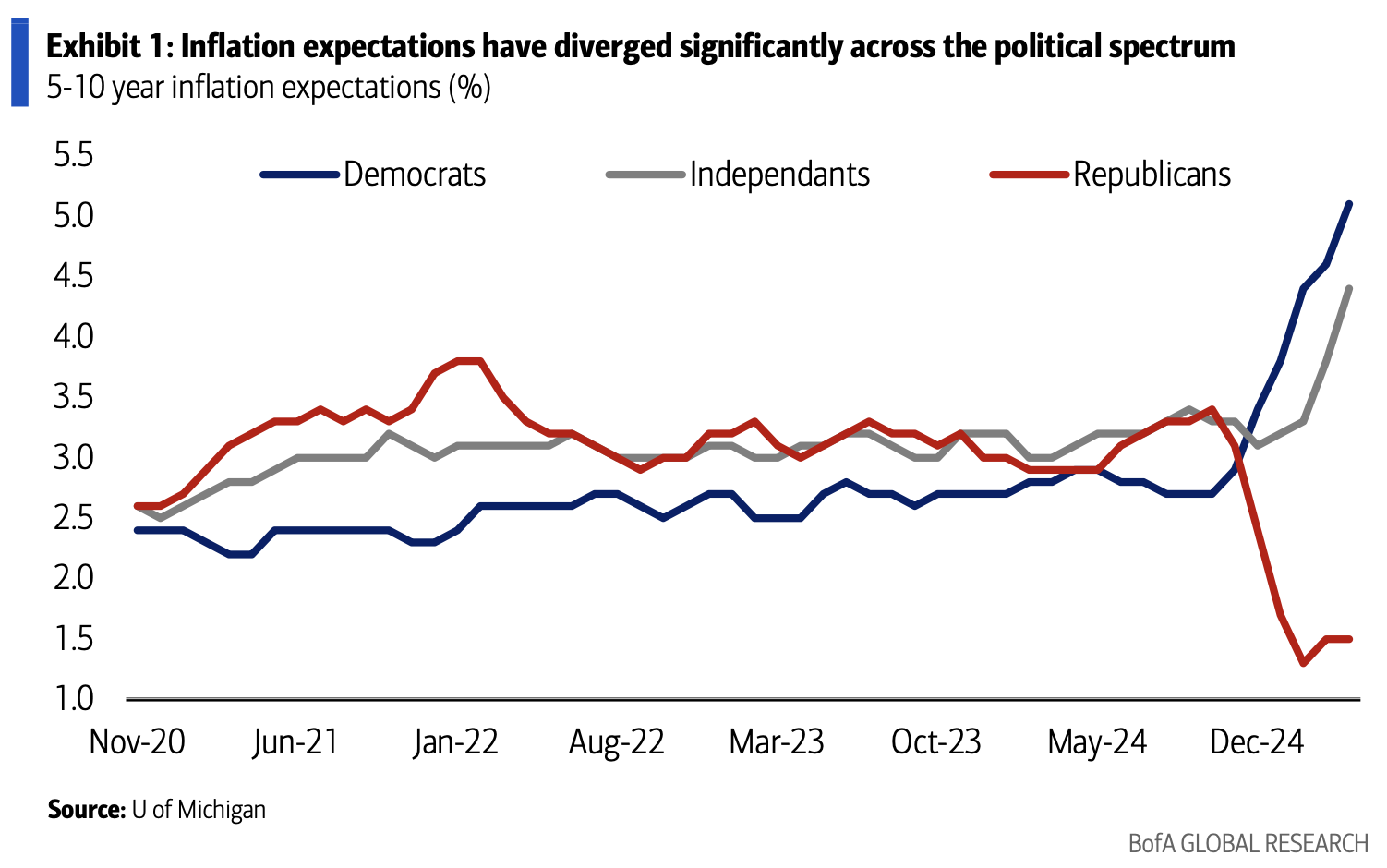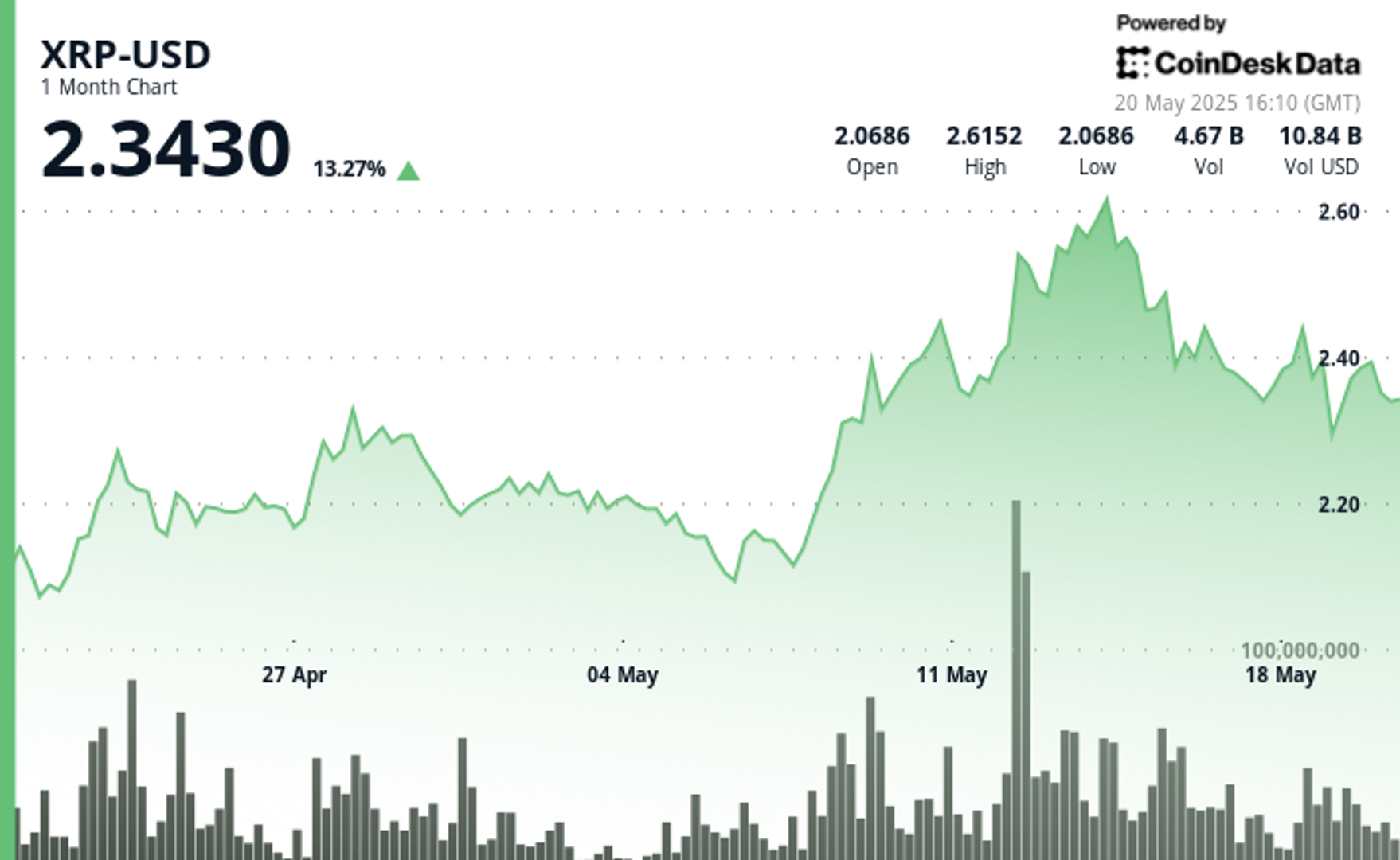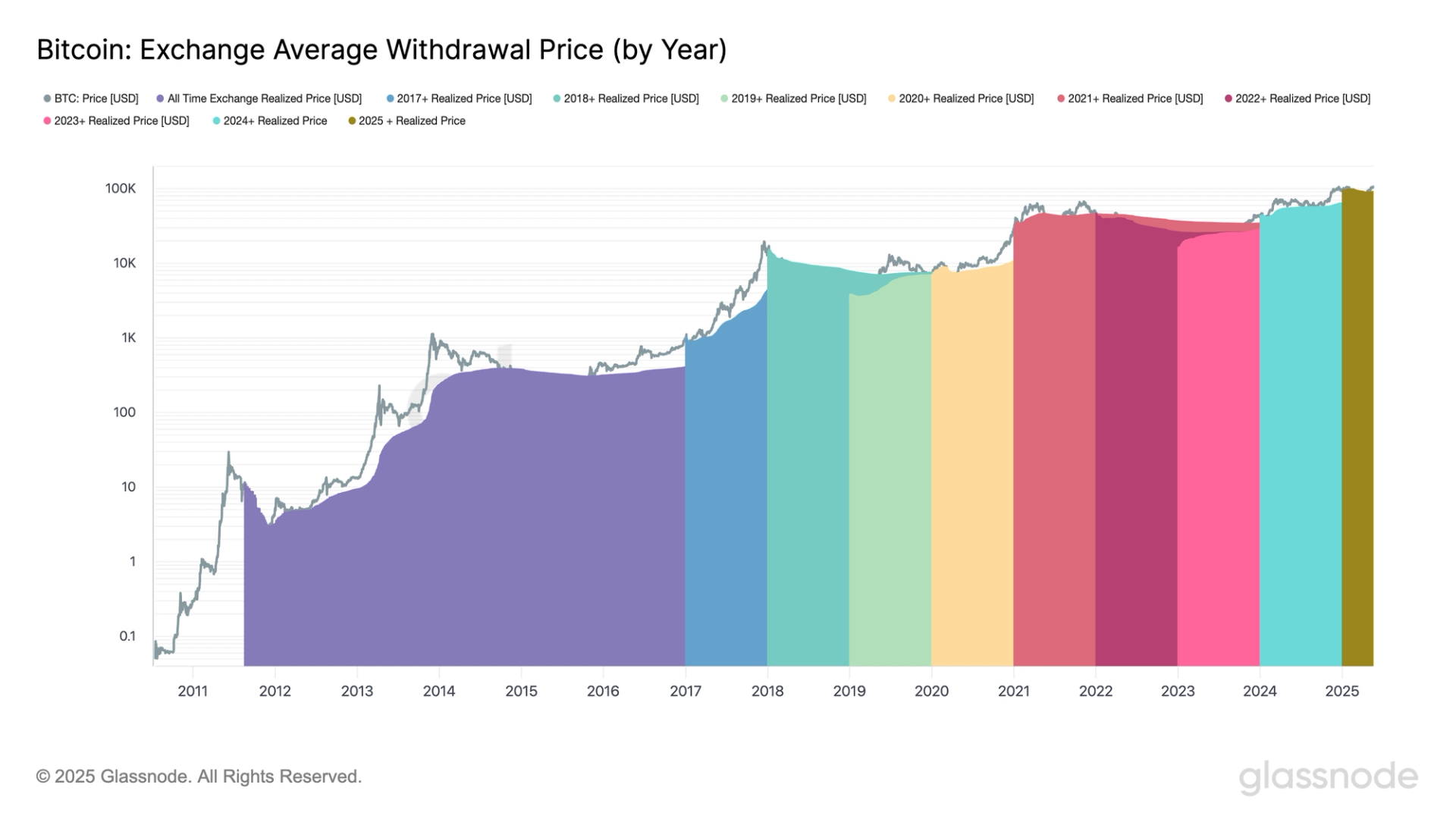Managers are more likely to deny promotions to workers who unplug after work hours, even though they know it’s better for productivity, study finds
“This is bad for everybody,” said Eva Buechel, assistant professor of marketing at the University of Southern California.

- University of Southern California researchers have found a “detachment paradox” in how managers think about their employees setting boundaries. A study published this month found that while employers recognize employees who unplug from work on the weekends are more productive and motivated than those who don’t, those employees are also less likely to be considered for promotions.
An employee’s decision to turn off their work phone and avoid checking email over the weekend may cost them a promotion.
New research published in the journal Organizational Behavior and Human Decision Processes this month has uncovered a “detachment paradox” in managers’ decision-making: While managers believe unplugging outside of work hours helps their employees feel more motivated and refreshed, many are also more likely to pass over those workers for a promotion.
Analyzing 16 studies with 7,800 participants total, coauthors Eva Buechel, an assistant professor of marketing at the University of Southern California’s Marshall School of Business, and Elisa Solinas, an assistant professor of marketing at IE University in Spain, sought to find out how managers perceived unplugged employees. In some experiments, the researchers showed manager profiles of employees with the same performance reviews, but with different detachment boundaries, such as some employees leaving an out-of-office reply over the weekend.
Buechel and Solinas found that managers believed the employees who disconnected from work outside of regular hours and over the weekend were more productive and motivated than employees who did not disconnect. However, managers rated those more detached employees as less committed to their work and less deserving of a promotion than employees who did not set the same out-of-work boundaries. Managers continued to prefer the less detached employees for promotions, even when neither employee did any work over the weekend, and if the reason for the detachment was to take care of a sick family member.
This paradox could be because while managers see the value of work-life balance, they still perceive more detached employees as caring less about their work.
“What our studies show is that commitment is almost valued over productivity,” Buechel told Fortune. “Ultimately, we want to sense that a worker is really committed, and that's what we reward actually more than productivity.”
This paradox is bound to have ramifications on workplace culture, Buechel said. She’s concerned these manager values could have negative workplace repercussions, including burnout, decreases in productivity and output—and ultimately, employee turnover.
“This is bad for everybody,” she said.
The price of burnout
Employees are seeking a reprieve from work-related activities after hours as burnout concerns escalate. According to an April report from Glassdoor analyzing reviews from U.S. full-time and part-time employees, discussion of burnouts have surged 32% year-over-year in the first quarter of 2025. Since the last quarter of 2019, mentions of burnout in reviews have skyrocketed more than 50%
Glassdoor lead economist Daniel Zhao posited burnout is indicative of pressures to increase efficiency, whether amid layoffs and shortages or increased employee anxiety.
“Even if a satisfied employee or high performer can sustain a higher workload with no impact to productivity or satisfaction for a short-term sprint, that doesn’t necessarily mean they’ll be able to do so indefinitely,” Zhao wrote in the report.
Employee burnout can come back to bite managers. Online marketplace Care.com found in a survey of 600 C-suite and human resources executives that 80% of employers predicted profitability would increase by at least 25% if none of their workers were at risk of experiencing burnout. Beyond workers getting less done, there’s also the risk of them quitting. According to Glassdoor’s April report, users who mentioned burnout in reviews were 59% more likely to apply for a new job after leaving their review.
“The cost of losing somebody [and finding] their replacement can be staggering, depending on the complexity of the role,” Wes Burke, chief human resources officer at Care.com, told Fortune last month.
The right to disconnect
Amid concerns of worker burnout are efforts to codify work-life balance. Last August, Australia granted millions of workers the “right to disconnect,” following the lead of some other European and Latin American countries in allowing employees to ignore after-hours texts and emails from employers they deem “unreasonable.”
While the law was intended to help workers maintain boundaries, industry leaders warned the law would muddy communication between workers and managers.
“The ‘right to disconnect’ laws are rushed, poorly thought out, and deeply confusing,” employers organization the Australian Industry Group said in a statement at the time. “At the very least, employers and employees will now be uncertain about whether they can take or make a call out of hours to offer an extra shift.”
Despite potential challenges, Buechel said she believes laws like the right to disconnect can make a lasting impact in changing managers’ perceptions of their employees’ boundaries by changing workplace norms—helping to undo the idea managers have about employee availability being equivalent to employee commitment.
“Formalized policies are the only way to have at least a shot at reducing this,” Buechel said. “If there's some people who disconnect and some people who don't disconnect, then you're implicitly always kind of compared to the people who don't disconnect.”
This story was originally featured on Fortune.com






























